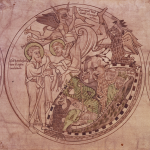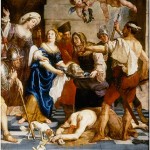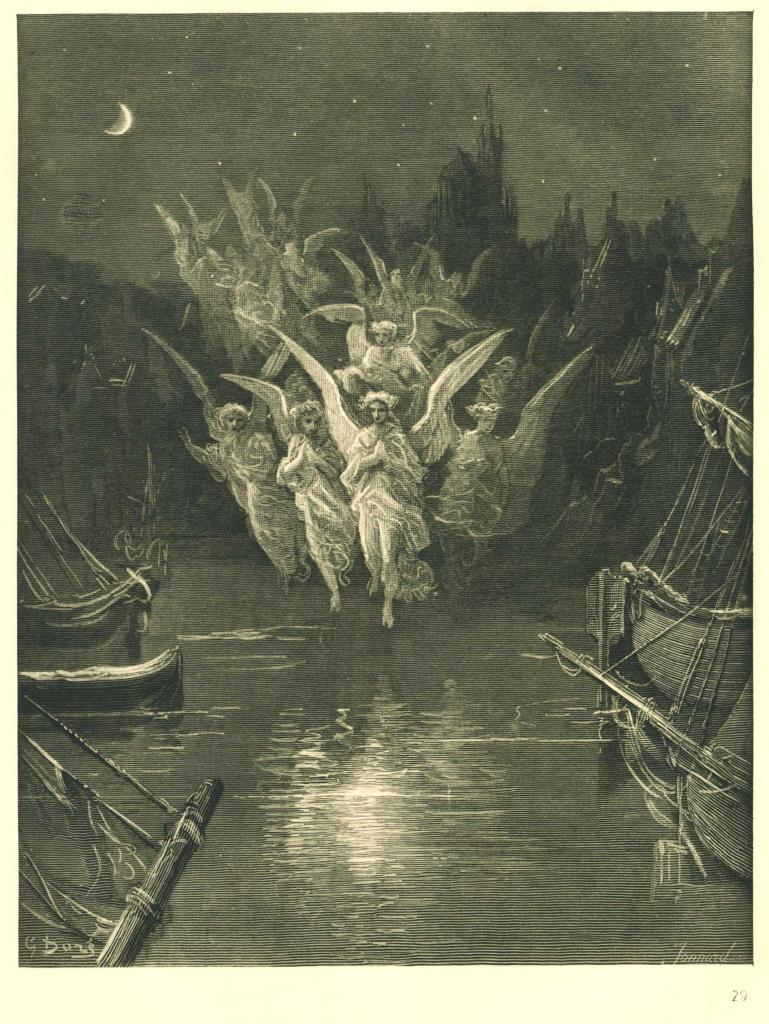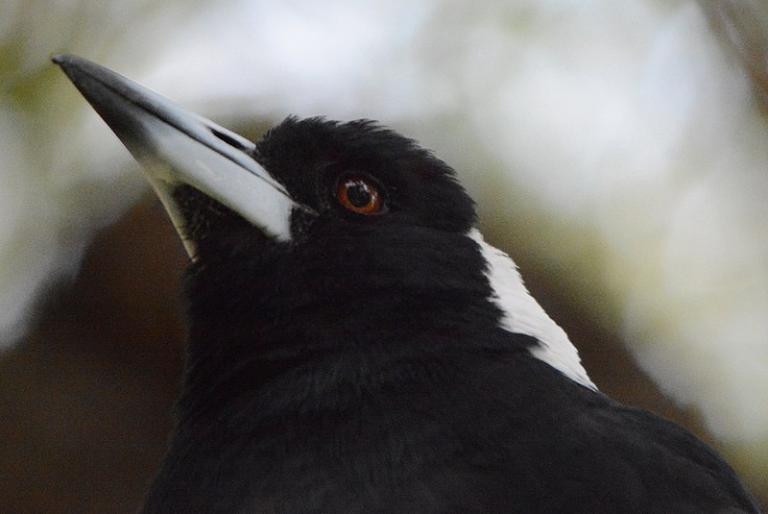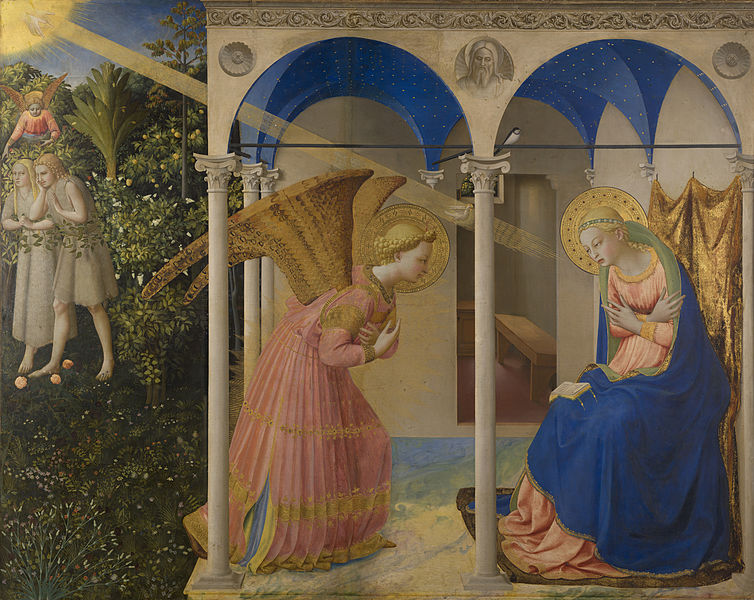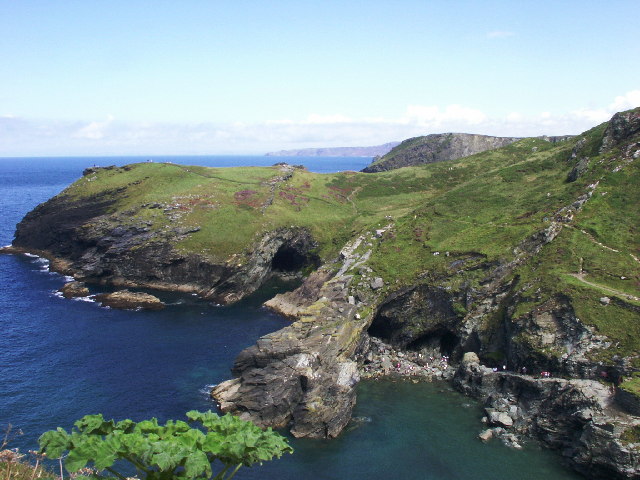
Date 20 August 2002
Source From geograph.org.uk
Author andy
(CC BY-SA 2.0)
Hart, however, admits the possibility that belief in fairies may not be something obfuscated by illusion but may be merely delusional. This, however, he says, should not bother us. “A delusion this amiable,” he writes, “is endlessly preferable to boredom, for boredom is all of what is or is not true” (Hart 27). Here Hart echoes Puddleglum. If the world around is simply what the materialist or atomist tells us it is, nothing more than a collection of chemicals arranged in this or that way, then the delusion of belief in fairies, and God for that matter, is preferable to reality since it makes more sense out of our actual encounters with reality.
Hart ends his essay by saying:
[…] that the ability of any of us to view the world with some sort of contemplative rationality rests upon the capacity we possessed as children to see in everything a kind of articulate mystery, and to believe in far more than what ordinary vision discloses to us: a capacity that endows us with that spiritual eros that allows us to know and love the world, and that we are wise to continue to cultivate in ourselves even after age and disillusion have weakened our sight (Hart, 27).
I know that for myself, contra many well-meaning Christian parents, belief in Santa Claus, or Father Christmas as I prefer to call him, and the subsequent “discovery” that he is not “real” as a child did not ruin my ability to believe in God, to believe in Christ and the Holy Spirit, to believe in angels and demons and Satan, or the Eucharist. Rather, it informed my ability to do so and more. It allowed me to believe not only in the “super”natural but in the natural as well. Not only was I able to quickly convert from my feigned atheism as a middle-schooler, but I was I able to believe in human beings, in trees, in dogs and cats, in bread and wine. Faërie did not take that away from me, it helped me see it. Of course it can be abused, for while it’s possible that one of Kirk’s motives for writing his book was to help liberate well-meaning Scottish women from the pyre who dabbled not in the devil but in nature, that does not preclude the possibility, nay the likelihood that some (and not just or even mostly women) did more than dabble in the former. For there are corrupted realities in this world. Still, we ought not to give over all our thought to them, for so doing gives them power. Rather, we ought to give over our thoughts and actions to the Good, seeking it wherever we may find it, for there is God.
Sincerely,
David

